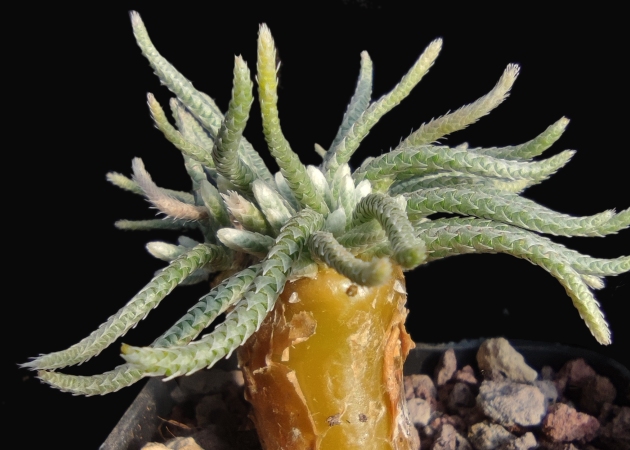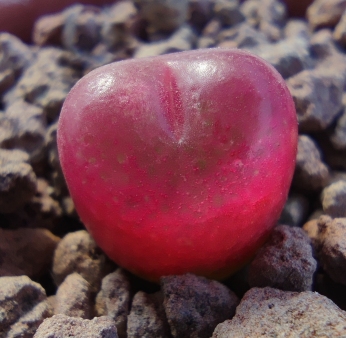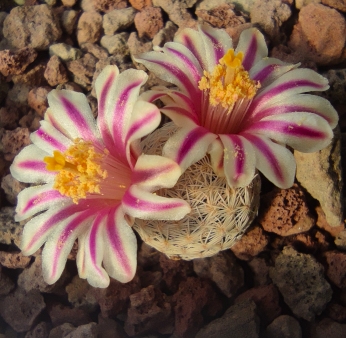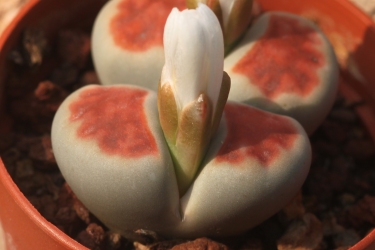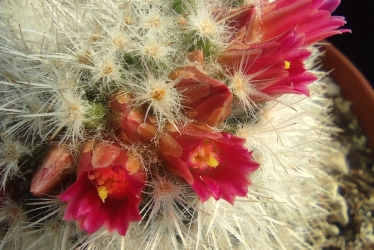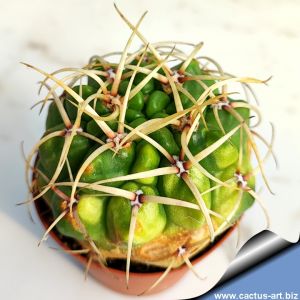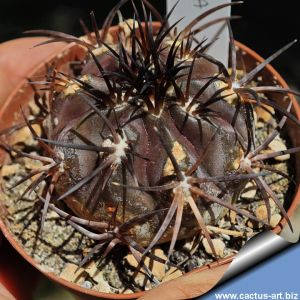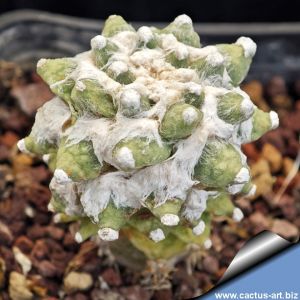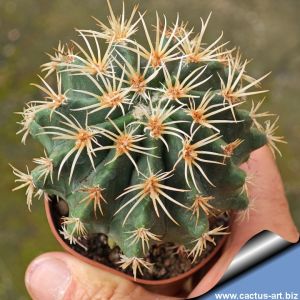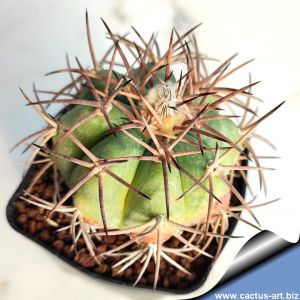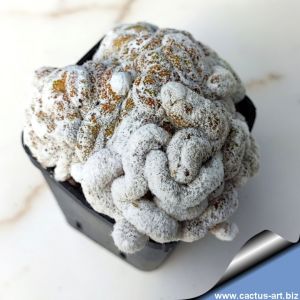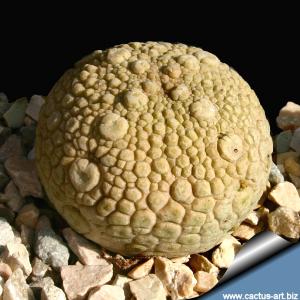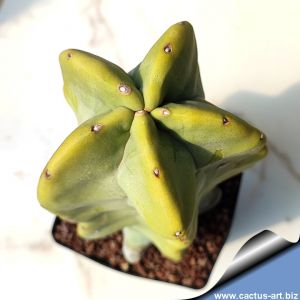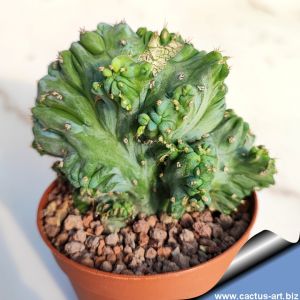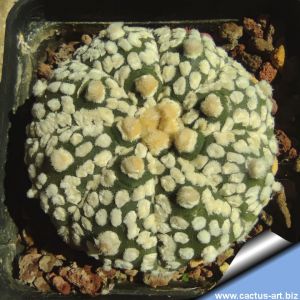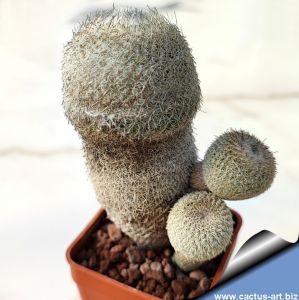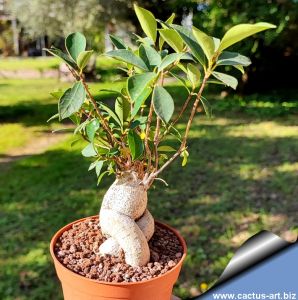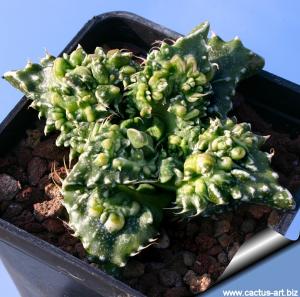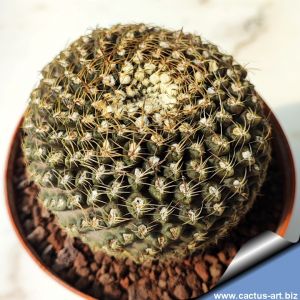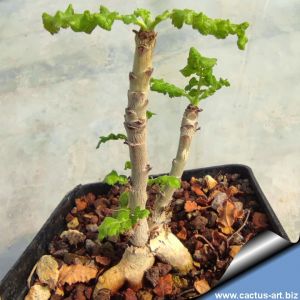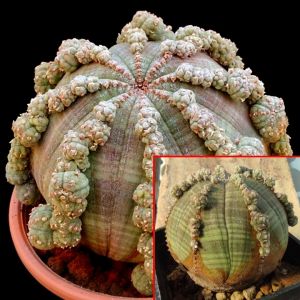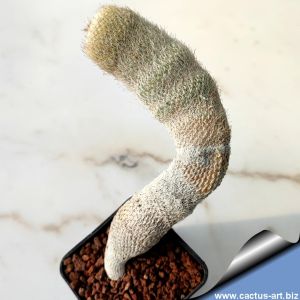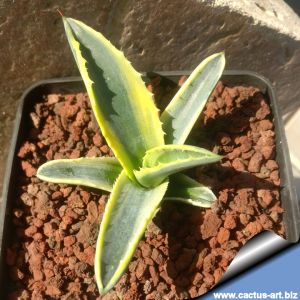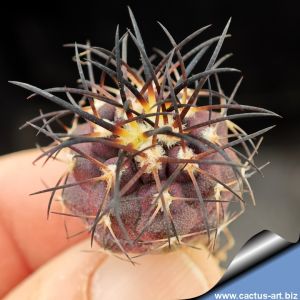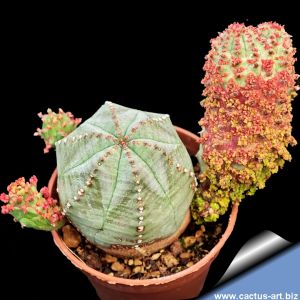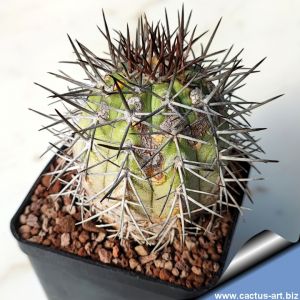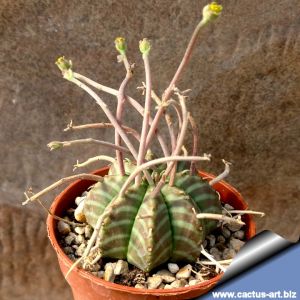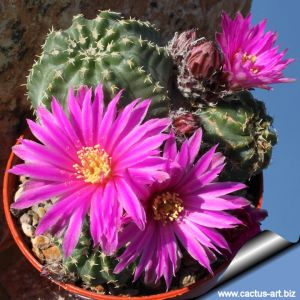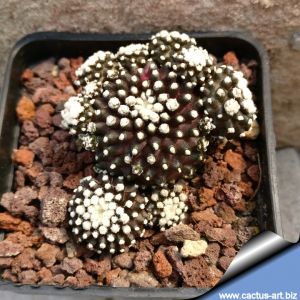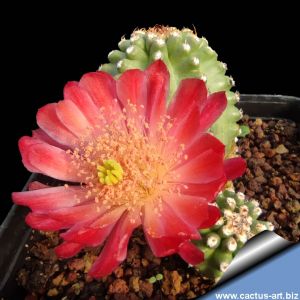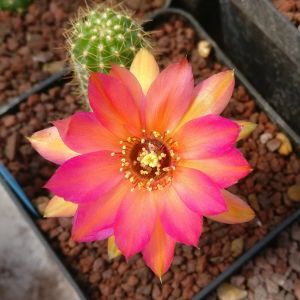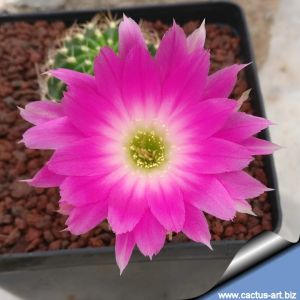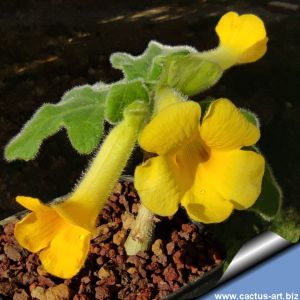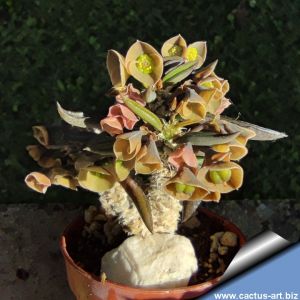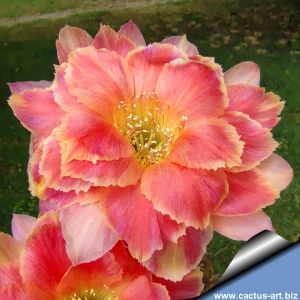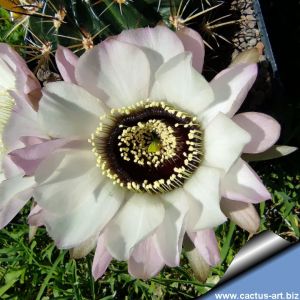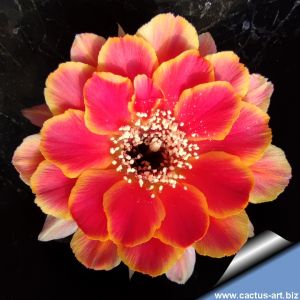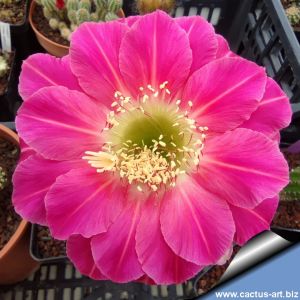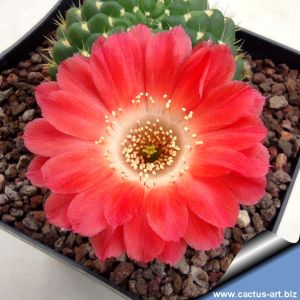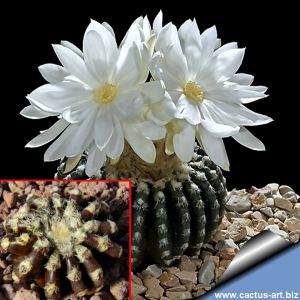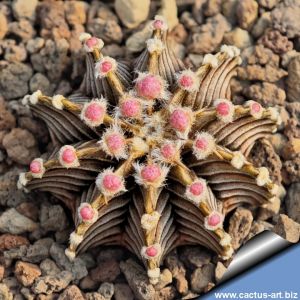-
x
Home page catalogo.
-
1Prezzo:15,99 €
-
2Prezzo:75,00 €
-
3Prezzo:55,00 €
-
4Prezzo:100,00 €
-
5Prezzo:40,00 €
-
6Prezzo:24,00 €
-
7Prezzo:16,50 €
-
8Prezzo:55,00 €
-
9Prezzo:12,00 €
-
10Prezzo:22,50 €
-
11Prezzo:26,99 €
-
12Prezzo:14,00 €
-
13Prezzo:9,90 €
-
14Prezzo:29,00 €
-
15Prezzo:80,00 €
-
16Prezzo:45,00 €
-
17Prezzo:48,99 €
-
18Listino:19,90 €Prezzo:17,51 €Risparmi:2,39 € (12%)
-
19Prezzo:25,00 €
-
20Prezzo:50,00 €
-
21Prezzo:55,00 €
-
22Prezzo:13,50 €
-
23Listino:9,90 €Prezzo:8,71 €Risparmi:1,19 € (12%)
-
24Prezzo:18,00 €
-
25Prezzo:18,90 €
-
26Prezzo:5,50 €
-
27Prezzo:8,50 €
-
28Prezzo:18,00 €
-
29Prezzo:22,50 €
-
30Prezzo:18,00 €
-
31Prezzo:18,00 €
-
32Prezzo:22,50 €
-
33Prezzo:30,00 €
-
34Prezzo:13,50 €
-
35Prezzo:12,00 €
-
36Listino:7,50 €Prezzo:6,60 €Risparmi:0,90 € (12%)
Promozioni
-
da lunedì 30 giugno 2025 a domenica 6 luglio 2025Cactus Art è lieta di presentarvi un'offerta speciale valida per un periodo limitato! Approfitta dello sconto del 12% su una vasta selezione di cactus. Affrettati, questa promozione è disponibile solo per questa settimana!
-
da lunedì 30 giugno 2025 a domenica 6 luglio 2025OFFERTA LAMPO! Solo questa settimana, tutte le Agavi e specie affini con il 12% di sconto! Affrettati, l’offerta scade domenica a mezzanotte!
-
da martedì 1 luglio 2025 a giovedì 31 luglio 2025OFFERTA SPECIALE DI PRIMVERA! 15% di sconto su vasi ed etichette progettati per cactus e piante grasse. Con l'arrivo della bella stagione, è il momento ideale per rinvasare e prepararsi alle nuove aggiunte. Affrettati, l'offerta scade a fine aprile!
Vendita di cactus e piante succulente per corrispondenza.
La cactus art art è una piccola azienda a conduzione familiare che produce e vende esclusivamente per corrispondenza. Al momento le piante che possiamo fornire sono esclusivamente quelle indicate nel presente catalogo on-line.
SPEDIZIONE: Il tempo di transito è stimato in 24-48 ore per il centro-nord e 48-72 per il centro-sud. A discrezione del vivaio, in base alla tipologia di prodotto acquistato e alla stagione, potrà essere deciso di non spedire a ridosso del weekend evitando soste della merce nei magazzini logistici. Ad esempio si potrà non spedire il giovedì un ordine destinato alla Sicilia, rimandando la spedizione al successivo lunedì (consegna mercoledì).
IMBALLAGGIO: Tutte le piante sono spedite a RADICE NUDA. Uno dei punti di forza del vivaio è la cura con cui le piante sono imballate, con tecniche specifiche, studiate appositamente per questo tipo di prodotto.
Spedizione internazionele. Le piante possono essere ordinate da qualunque nazione, ma al amomento noi gatrantiamo una consegna sicura solo verso le nazioni UE (European Union countries).
E' possiblie inviare piante anche fuori dall'unione europea, ma non possiamo fornire i certificati fitosanitario e CITES.
It is possible to ship outside Europe Union but we CANNOT PROVIDE PHYTOSANITARY, CITES NOR OTHER DOCUMENTS.


